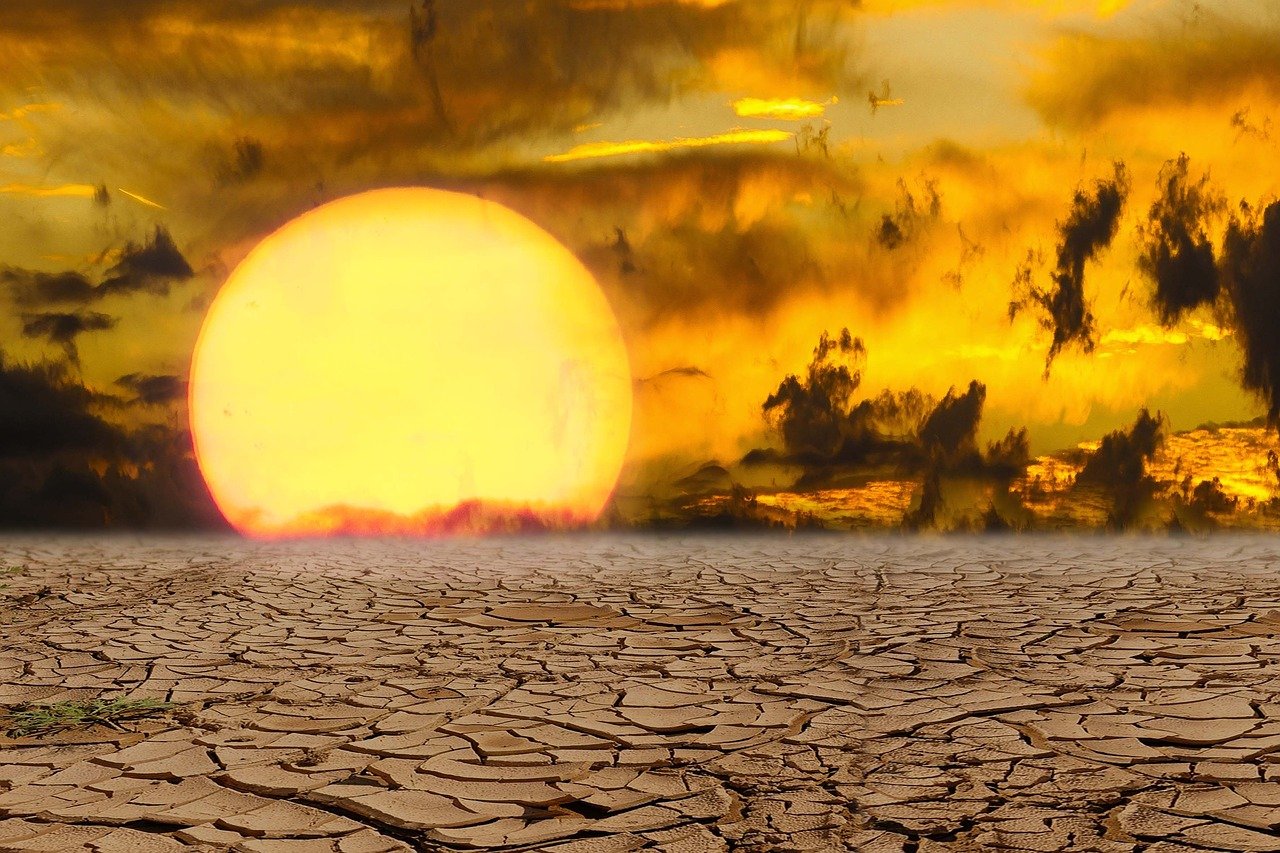Climate Change
Climate change has an adverse effect forest fires in California and the winery industry can suffer because of it. Prolonged droughts and prolonged summer season will increase the chance of forest fires,
and if a forest fire is started, it may spread faster and further because of these conditions. Prolonged droughts and a prolonged summer season can lead to an increase in dried up organic material,
and the dried up organic material can serve as kindling for forest fires. Of course, forests that are drier are more likely to cause a forest fire. If a forest is dry, catches fire,
and then winds come in, the winds can spread the fire further and faster, leading to a perfect storm. To reduce forest fires, the US government and even the entire world needs to tackle the problem of climate change.
Warmer Air can Dry the Forests
If hot air isn't at 100% humidity, it can soak up any water that it touches, and the hotter the air, the more water that it can soak up. Vapor Pressure Deficit, otherwise known as VPD, is the difference between the amount of water
the air holds, versus how much it could hold. If the deficit is pushed up for a long period of time, then a lot of water can be soaked up from the vegetation from the forest, leading to a drier forest. When the forests and the vegetation
dry out, that makes for a forest that is more susceptible to a wildfire, and if a fire catches in such a forest, it will spread faster and further. Since 1880, the average global temperature around the world has increased by about 1 degrees Celsius
so the air is just getting warmer around the world, including California. The entire world is warming up, and California is suffering from the effect that global warming has on increased wildfires in the state.
Changing Season Patterns
Climate change is also having an adverse effect on the traditional season patterns. Spring is coming earlier in the year, which means the snow starts melting earlier as well. Since the melting snow provides water for the summer season, this means
the time for the forests and vegetation to dry out is extended. In addition, the summer season is extended with longer periods of warmer weather, less rain, and the winter rains are also pushed back, again leading to an extended period for
the forests and vegetation to dry out. In general, the California wildfire season has been extended since 50 years ago, which means more chances for forest fires, and more forest fires over the duration of the year.
Stopping Climate Change to Reduce California Forest Fires
If the world can cooperate together to stop climate change, it can help to reduce the forest fires in California. Of course, to control the forest fires even better, we would optimally want to return to 1880 when the global temperature around the world was
1 degrees Celsius lower. But short of being able to return to the global temperatures from back then, we should at least reduce the momentum of climate change and do what we can to stop climate change altogether. This will require countries from all over
the world cooperating with each other, and setting specific carbon emission goals, since global carbon emission is correlated to global warming.
